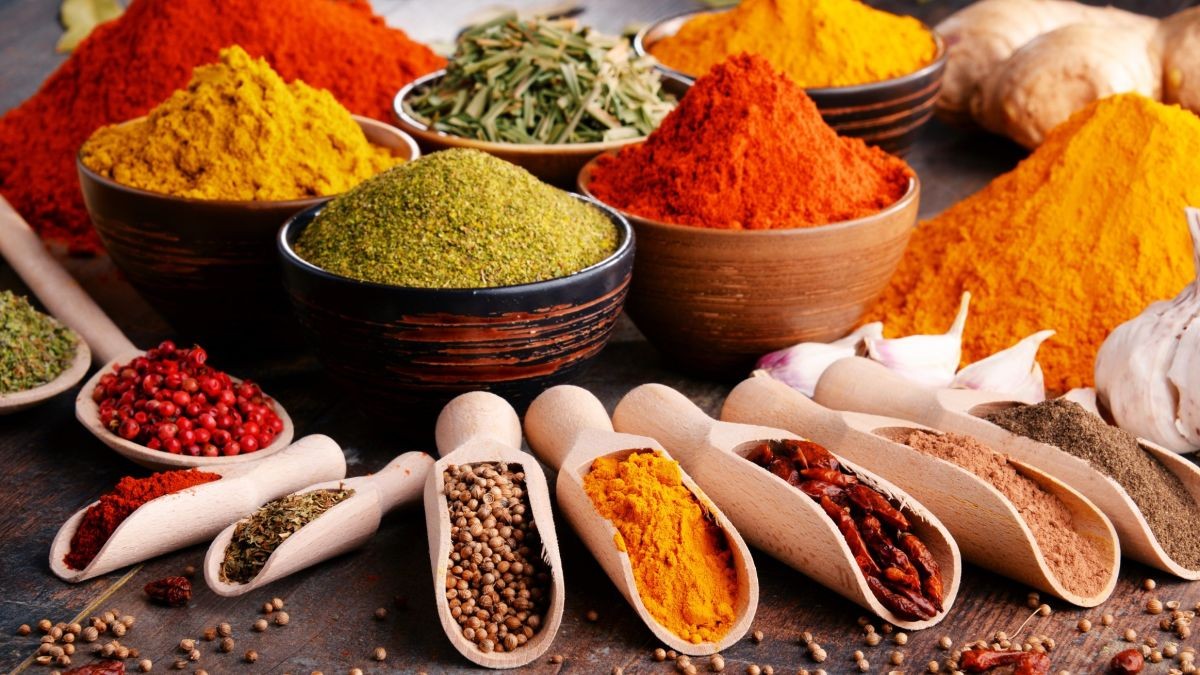Introduction
Egyptian chamomile, renowned for its soothing properties and delicate aroma, has been a prized commodity in the global market for centuries. This humble herb, cultivated in the fertile Nile Delta region of Egypt, has found its way into countless homes, teacups, and herbal remedies around the world. In this article, we'll delve into the fascinating world of Egyptian chamomile, exploring its cultivation, its journey to countries worldwide, and its diverse range of uses.
The Journey of Egyptian Chamomile

Egypt, with its favorable climate, rich soil, and centuries-old agricultural traditions, is the world's leading producer of chamomile. The main variety grown in Egypt is Matricaria chamomilla, known as German chamomile. The country's robust production and export of chamomile have earned it a prominent place in the international market, with numerous nations seeking to import this fragrant herb.
Countries Importing Egyptian Chamomile

Several countries around the world import Egyptian chamomile to meet their domestic demand for this versatile herb. Some of the prominent countries that import Egyptian chamomile include:
- Germany: Given the popularity of chamomile tea in Germany, it's no surprise that the country imports a significant quantity of Egyptian chamomile. German consumers appreciate the high quality and consistent flavor of Egyptian chamomile in their tea blends.
- United States: In the United States, chamomile is widely enjoyed for its calming properties and used in various herbal preparations. Egyptian chamomile's reputation for superior quality has made it a preferred choice among American consumers.
- United Kingdom: The UK is another notable importer of Egyptian chamomile. It is often featured in herbal teas and products marketed for relaxation and sleep.
- France: Chamomile is cherished in France for its culinary and medicinal uses. Egyptian chamomile is frequently used in French cuisine and also finds its way into herbal infusions.
- Netherlands: The Netherlands has a strong tea-drinking culture, and Egyptian chamomile is an essential ingredient in many herbal tea blends produced in the country.
Largest Producers and Exporters
Egypt is one of the largest producers and exporters of chamomile globally, and several Egyptian companies play a significant role in this industry. Like GREENUP FOR IMPORT AND EXPORT
Diverse Uses of Egyptian Chamomile
Diverse Uses of Egyptian Chamomile
Egyptian chamomile is celebrated for its myriad of uses, ranging from culinary to medicinal. Here are some of the ways this versatile herb is employed around the world:
- Herbal Tea: Perhaps the most common use of chamomile is in the preparation of herbal teas. Known for its calming and soothing properties, chamomile tea is consumed worldwide to promote relaxation and sleep.
- Cooking: Egyptian chamomile's delicate floral notes make it a delightful addition to various culinary creations. It is used in desserts, salads, and even savory dishes to add a unique flavor.
- Aromatherapy: Chamomile essential oil, extracted from the flowers, is used in aromatherapy for its calming and stress-relieving properties. It is often diffused or added to massage oils.
- Skincare: Chamomile is a common ingredient in skincare products such as creams, lotions, and soaps due to its anti-inflammatory and soothing properties. It can help alleviate skin irritation and redness.
- Medicinal Remedies: Chamomile has a long history of use in traditional medicine for its potential anti-inflammatory and digestive benefits. It is sometimes used to alleviate symptoms of conditions like indigestion and irritable bowel syndrome.
Conclusion
Egyptian chamomile, with its fragrant blossoms and diverse applications, continues to be a treasured export from the land of the pharaohs. As it makes its journey from the fertile fields of Egypt to the teapots, kitchens, and wellness routines of nations around the world, its soothing influence and delicate flavor enrich lives and traditions far beyond its place of origin. Whether sipped as a soothing tea, sprinkled in a culinary creation, or used for its therapeutic properties, Egyptian chamomile remains a valuable cultural and commercial link between Egypt and the rest of the world.
